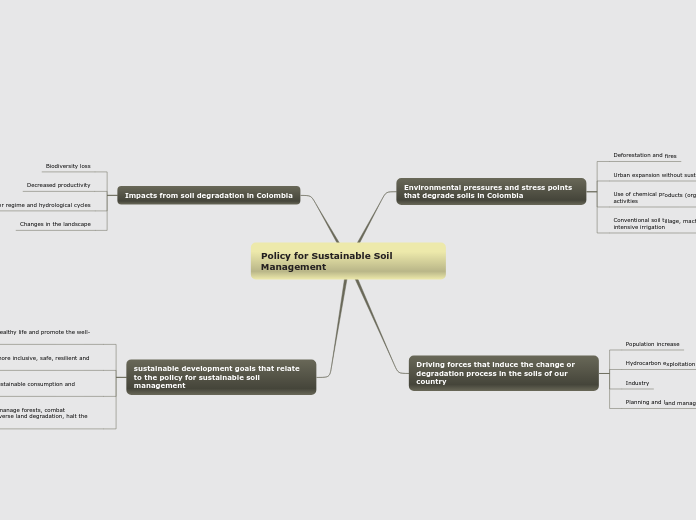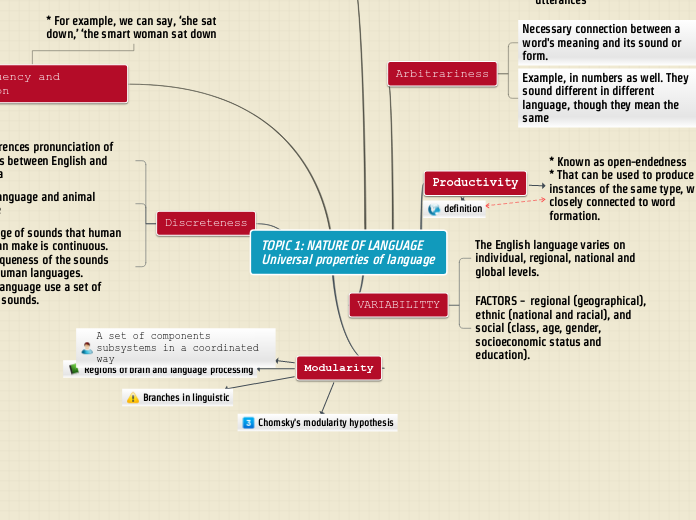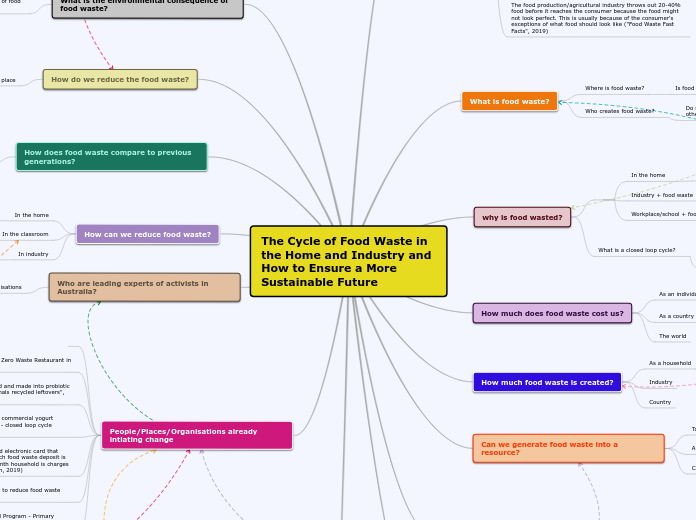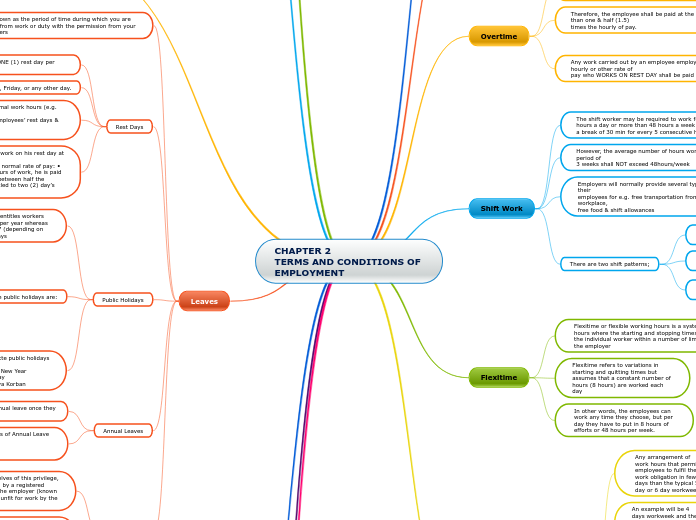door Angie Padilla 3 jaren geleden
196
Policy for Sustainable Soil Management
Soil degradation in Colombia significantly impacts productivity, biodiversity, and the landscape. Key environmental pressures include extensive use of chemicals in economic activities, unsustainable urban expansion, conventional soil tillage practices, and deforestation.









